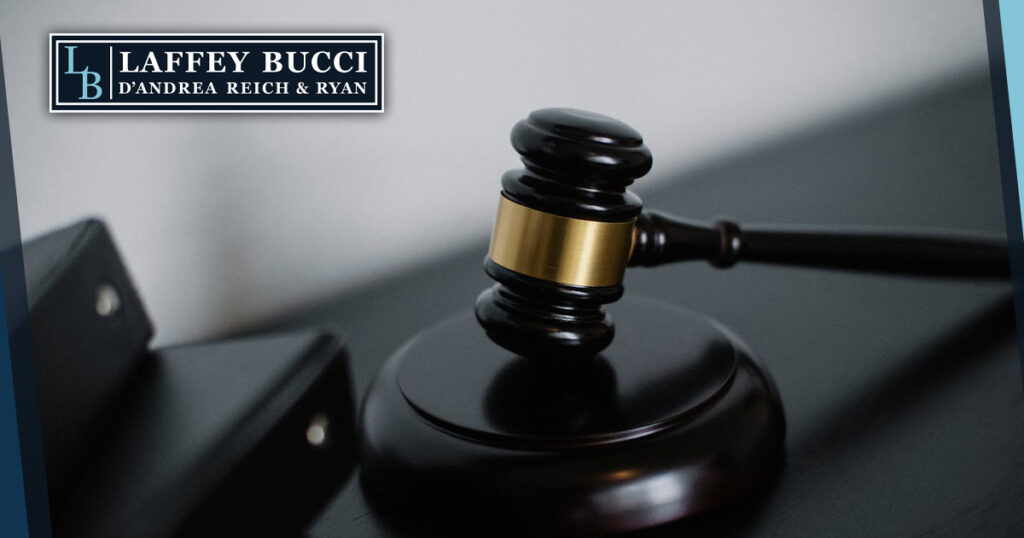Over the weekend, part of an upscale mall in New York was evacuated after emergency response personnel discovered a carbon monoxide leak in the basement of a mall restaurant.
Police were called after a woman collapsed in the basement of a mall restaurant. While in the basement, emergency workers began feeling dizzy and suspected carbon monoxide poisoning. The restaurant’s manager was later found unconscious in the basement. He was taken to a local hospital where he was pronounced dead. Over 20 other people were taken to area hospitals. So far, one person remains hospitalized.
Businesses adjacent to the restaurant were evacuated and closed. Gas lines were also cut off while town officials investigate. Town officials have initially indicated that there was a leak in a flue pipe of a water heater. Source: www.cnn.com, Man dies, dozens hospitalized after carbon monoxide leak at New York mall
Related: Avoid Carbon Monoxide Exposure at Work and Home
Could This Carbon Monoxide Poisoning Accident Have Been Prevented?
Carbon Monoxide Detectors
In general, most states and cities do not require carbon monoxide detectors in establishments like malls or restaurants. Rather, carbon monoxide detectors may be required in sleeping establishments, like apartments, hotels, etc. However, the majority of states do not require detectors in hotels and other similar establishments. Therefore, it is up to individual businesses to install carbon monoxide detectors, and most do not.
In this case, had a carbon monoxide detector been installed, the entire situation could have been avoided. As a matter of course, carbon monoxide detectors should be installed at businesses which use any of the following:
- oil/gas furnaces,
- gas water heaters,
- gas pool heaters,
- gas cook tops (ranges and ovens),
- gas dryers,
- fuel burning space heaters, and
- fireplaces/stoves.
Proper Inspection for Detection of Faulty Parts
Depending on the state and local city/town code requirements, businesses usually conduct at least annual inspections of fuel burning appliances. These inspections are usually required in order to maintain licenses. However, mistakes are often made during inspections. In this instance, if the carbon monoxide poisoning was in fact caused by a leak in the flue pipe, then the company which inspected the water heater may have failed to detect the problem.
Theories of Legal Liability in Carbon Monoxide Poisoning Cases
Employees
In general, employees cannot sue employers for work accidents. Most states recognize this principle, known as workers’ compensation exclusivity. In other words, workers’ compensation benefits are the exclusive remedy for injured workers. There are however, multiple exceptions to this rule.
In this instance, injured employees are probably unlikely to be sue the employer (restaurant) directly. Instead, they may be able to bring suit against the manufacturer of the water heating system and/or the company which last maintained or inspected the water heater.
Restaurant Customers
Injured restaurant customers may bring lawsuits against the restaurant for accidents which are reasonably foreseeable. In addition, other parties may include the water heater manufacturer and heater maintenance company. In addition, the shopping mall operator/owner may be liable as well, depending on the contract between the restaurant and the mall operator/owner.
Related: Hotels & Carbon Monoxide Poisoning
If you or a loved one was injured in a carbon monoxide accident, please call our personal injury & accident lawyers at (215) 399-9255.
Our lawyers are available for a free, no obligation legal consultation, and can obtain special admission in other states, such as New York or Delaware, on a case by case basis.
**This website does not provide legal advice. Every case is unique and it is crucial to get a qualified, expert legal opinion prior to making any decisions about your case. See the full disclaimer at the bottom of this page.

